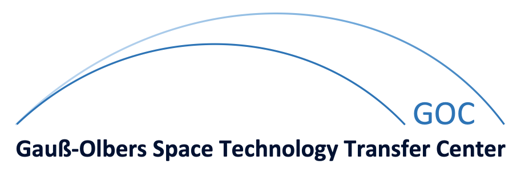Multiple transport processes in Galileo-based traffic scenarios using optimisation methods for real applications (MUTIG-VORAN)
The aim of the project is to automate recurring journeys in known and geographically limited areas and, in particular, to develop transferable algorithms for autonomous driving. To this end, the cooperation partners are researching and developing new solutions with cloud connectivity, which will be tested experimentally in several test areas.
The overarching goals of the project, which will be implemented with real vehicles in particular, are:
- Development of efficient AI algorithms (including trajectory optimisation, deep learning, model predictive control, sensor fusion) for highly automated driving.
- Use of mobile communication paths (5G, satellite) for resilient and efficient algorithms.
- Development of predictive algorithms for situation assessment and safeguarding needs.
- Development of V2X and remote control for safe and connected road traffic and edge cloud computing for AI algorithms of highly automated driving.
For safety reasons, the consortium is pursuing two test concepts that build on each other. At the lower level, a simulation system for efficient validation of the algorithms and for testing the basic functionality of the developed procedures. On the upper level, the algorithms are tested in real operation on two test vehicles. A uniform software framework that is used on both systems ensures the greatest possible use of synergies.
Details
| Duration: | 01/2022 - 12/2024 |
| Funding: | Federal Ministry for Economic Affairs and Energy |
| Partners: | Zentrum für Technomathematik, University of Bremen TOPAS Industriemathematik Innovation gGmbH cognitive neuroinformatics |







